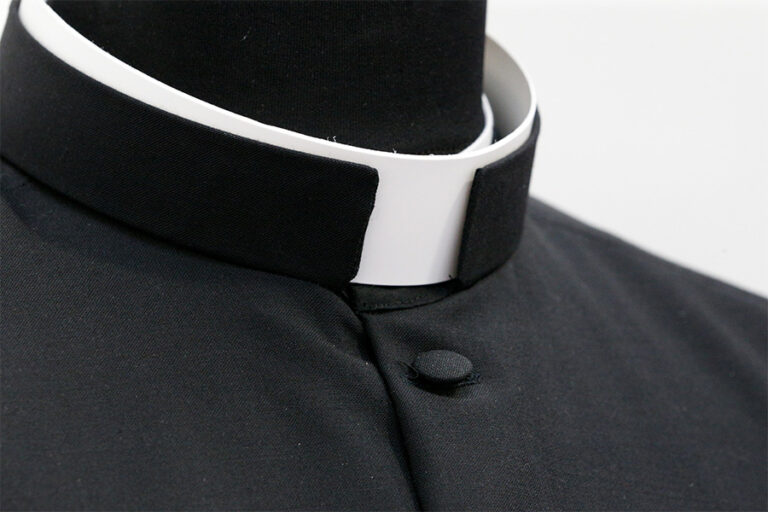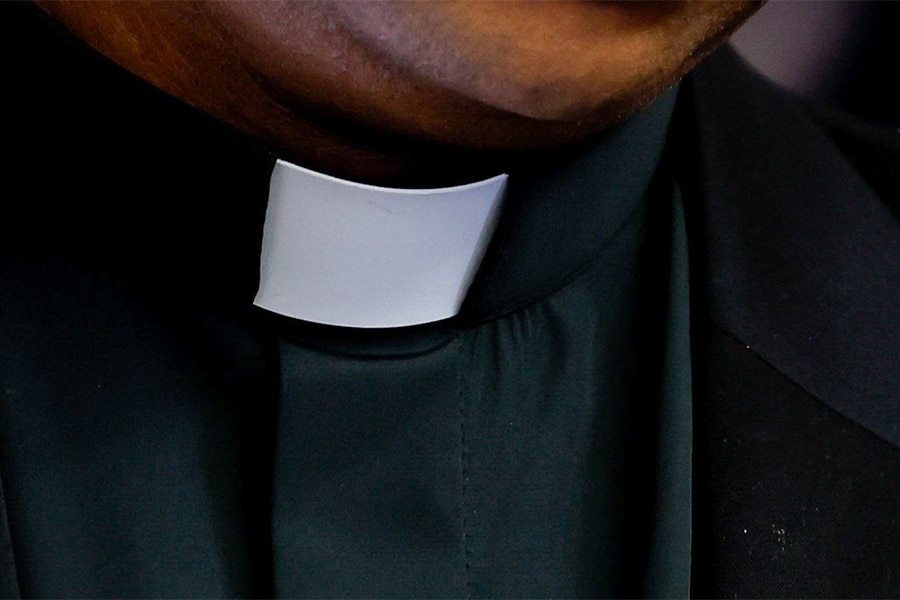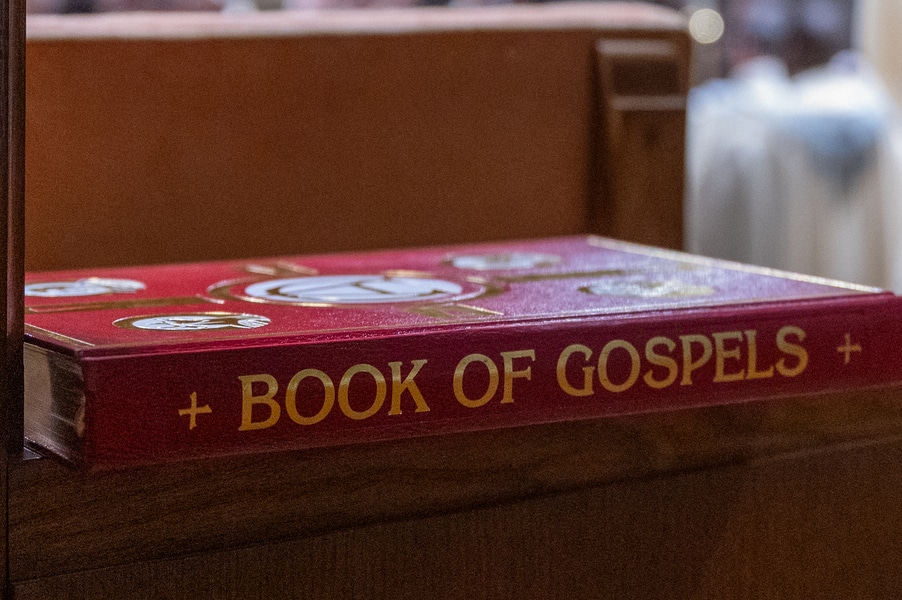Q: What is the criteria determining who can wear a “clerical collar”? I’m not sure if it varies from one seminary/diocese to another, but I’m curious why seminary students would wear a collar since they are not a member of the clergy just yet? It’s caused a bit of confusion for adults and children alike when they refer to a young man as “father” because of his collar when the man has more years left for discernment.
A: As far as I can tell, the timing of when a seminarian begins wearing distinctive clerical clothes depends largely on local custom and the practice of individual seminaries.
Some important background information to keep in mind is that discerning a priestly vocation is not meant by the church to be an “all or nothing” or “all at once” process. That is, the church has traditionally envisioned the journey to priesthood as involving several well-defined steps and states. Although seminarians are not clergy until they are ordained transitional deacons in their final year, one of the purposes of seminary formation is to allow the students to take on the various elements and obligations of priestly life in a gradual way.
Often, seminarians begin dressing like priests when they begin their four years of dedicated theological studies, which occurs after several years of initial formation based around spirituality and the study of academic philosophy. Some seminaries attach the wearing of clerical clothes to a specific stage of formation called “candidacy,” but candidacy can also occur at different times in different places. A few seminaries have the custom of only allowing students to wear clerical clothes once they become official members of the clergy as transitional deacons.
In any case, the positive side to the confusion you have experienced is the blessing of having new vocations in your midst!
Q: I know it is a sin to torture animals, but is that sin mortal or venial? What about rats, mice, etc.? Wasps, ants, etc.? Is there a way to kill without torture? (Arkansas)
A: In and of itself, killing animals is not intrinsically evil. That is, there can be times and occasions where it is perfectly fine to take an animal’s life. The Catechism of the Catholic Church notes that it is morally legitimate to kill animals to meet basic human needs such as food and clothing, and that it can also be acceptable to use animals for scientific research if such research is meant to contribute towards the “caring for or saving human lives” (see CCC 2417).
But at the same time, the catechism also tells us: “Animals are God’s creatures. … Thus men owe them kindness” (CCC 2416). And that: “It is contrary to human dignity to cause animals to suffer or die needlessly” (CCC 2418).
So I think it’s clear that “torturing” animals — causing them to suffer needlessly — is certainly a sin. The church does not tell us whether this would be mortal or venial. But my own opinion is that, like so many sinful acts, a lot would depend on the exact circumstances, motivations and people involved. For instance, a school-aged child who pulls apart an insect out of curiosity would clearly not be committing as grave a sin as an adult who enjoyed watching the pain of a higher-level mammal.
The catechism does not mention pest control specifically, but I think we can come to the conclusion that reasonable pest control is legitimate, as many nuisance animals can negatively impact human health and well-being. Yet it is possible to kill pests in ways that would not be considered “torture,” and I think we are obliged to chose humane methods of pest control whenever possible.
For example, there are some modes of extermination that kill the animal instantly or quickly, and these are preferable to methods which involve a more drawn-out death. Or, in some cases, it may even be possible to deter pests from coming into one’s home in the first place.
Read More Question Corner
Copyright © 2024 OSV News








